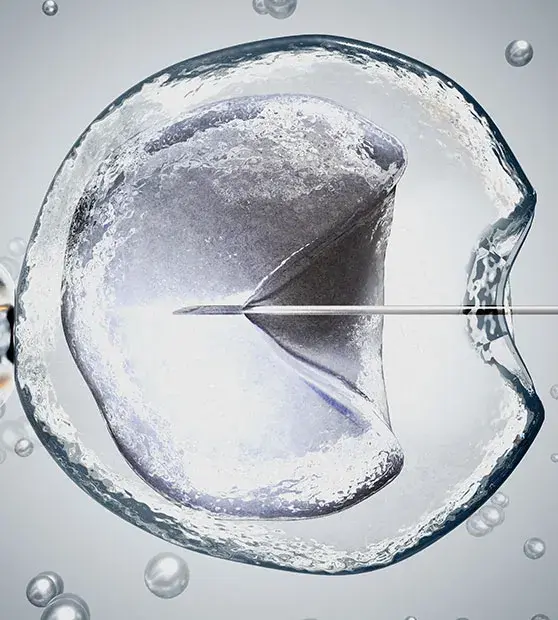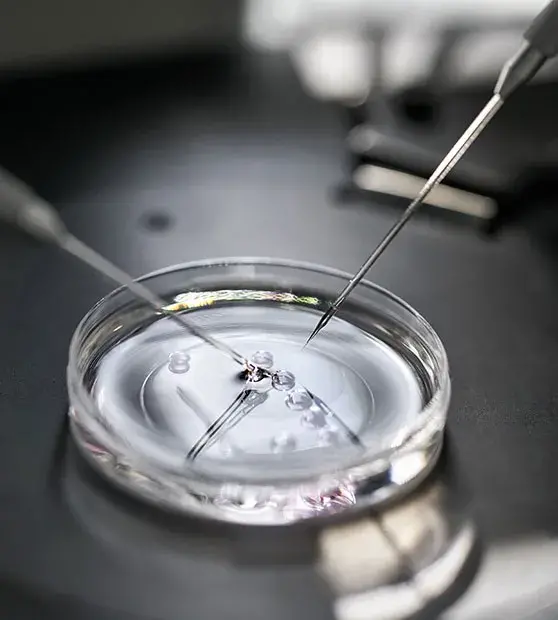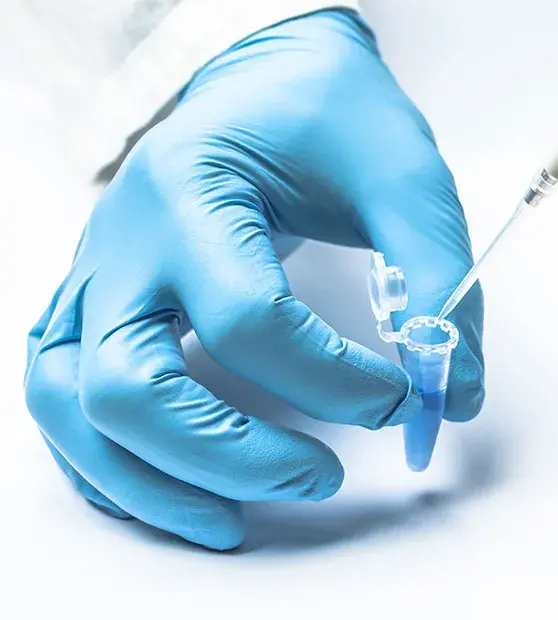Ejaculation problem
The ejaculation problem is one of the most frequent sexual problems in men. The wide range of ejaculation problems includes premature ejaculation, delayed ejaculation, retrograde ejaculation, and anejaculation.
Premature Ejaculation:
It is the most common ejaculation problem which impacts nearly 5-40% of sexually active men. Premature ejaculation refers to the condition where the male ejaculates too early during sexual intercourse. It is also known as rapid ejaculation or early ejaculation. Though the exact reason behind premature ejaculation is still unclear, however, the possible reason behind premature ejaculation is:
- Psychological in nature – Relationship problems, anxiety, sexual abuse, depression, etc.
- Biological – Abnormal hormone levels, Hereditary, Infection of the prostate or urethra.
Delayed Ejaculation
Delayed ejaculation refers to a condition where ejaculation takes a longer time. This condition may arise due to medications, certain chronic health conditions, surgeries, and psychological causes.
Retrograde Ejaculation
When semen enters the bladder instead of releasing through the penis during orgasm, the process is called retrograde ejaculation. Certain medical conditions or an anatomical defect may cause Retrograde Ejaculation, including diabetes, after a prostate/urethral surgery, certain medications, etc.
Anejaculation
It refers to the complete absence of ejaculation. Anejaculation occurs due to medications, nervous system-related factors (such as spinal cord injury, multiple sclerosis, Parkinson’s disease, etc.), problems in the bladder, neck, and urethral, etc.
Can ejaculation problems cause infertility?
Ejaculation problems are a significant cause of infertility in young males. Sometimes premature ejaculation can cause difficulty in achieving successful pregnancy as ejaculation may not occur intravaginally. Semen quality is also reduced in premature ejaculation, which may lead to infertility. Men with retrograde ejaculation and anejaculation may experience infertility during their reproductive period.
How are ejaculation problems diagnosed?
Semen analysis plays a crucial role in the diagnosis of male infertility. Ejaculate volume is the primary parameter of semen analysis. Ejaculation problems impact the semen quality of infertile men, which results in lower ejaculate volumes. Hence, routine investigation of ejaculate volume is necessary to identify and manage the low semen volume of ejaculation problems related to infertility.
Physical examination, post ejaculate, and blood tests also help to diagnose ejaculation problems. Besides that, diagnostic imaging of prostate and seminal vesicles can also carry out as part of the diagnosis.
How to fix ejaculation problems?
Identifying the ejaculation problems can help to resolve the problems related to infertility. A wide range of treatment strategies, including medications, behavior therapy, reproductive therapy, etc., can be used to manage ejaculation problems.







